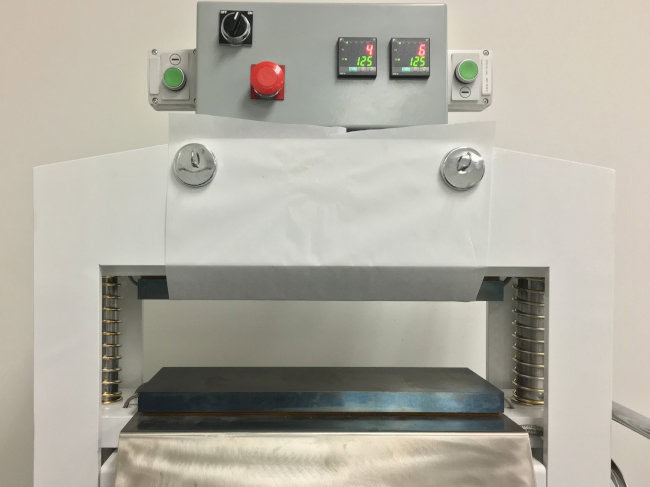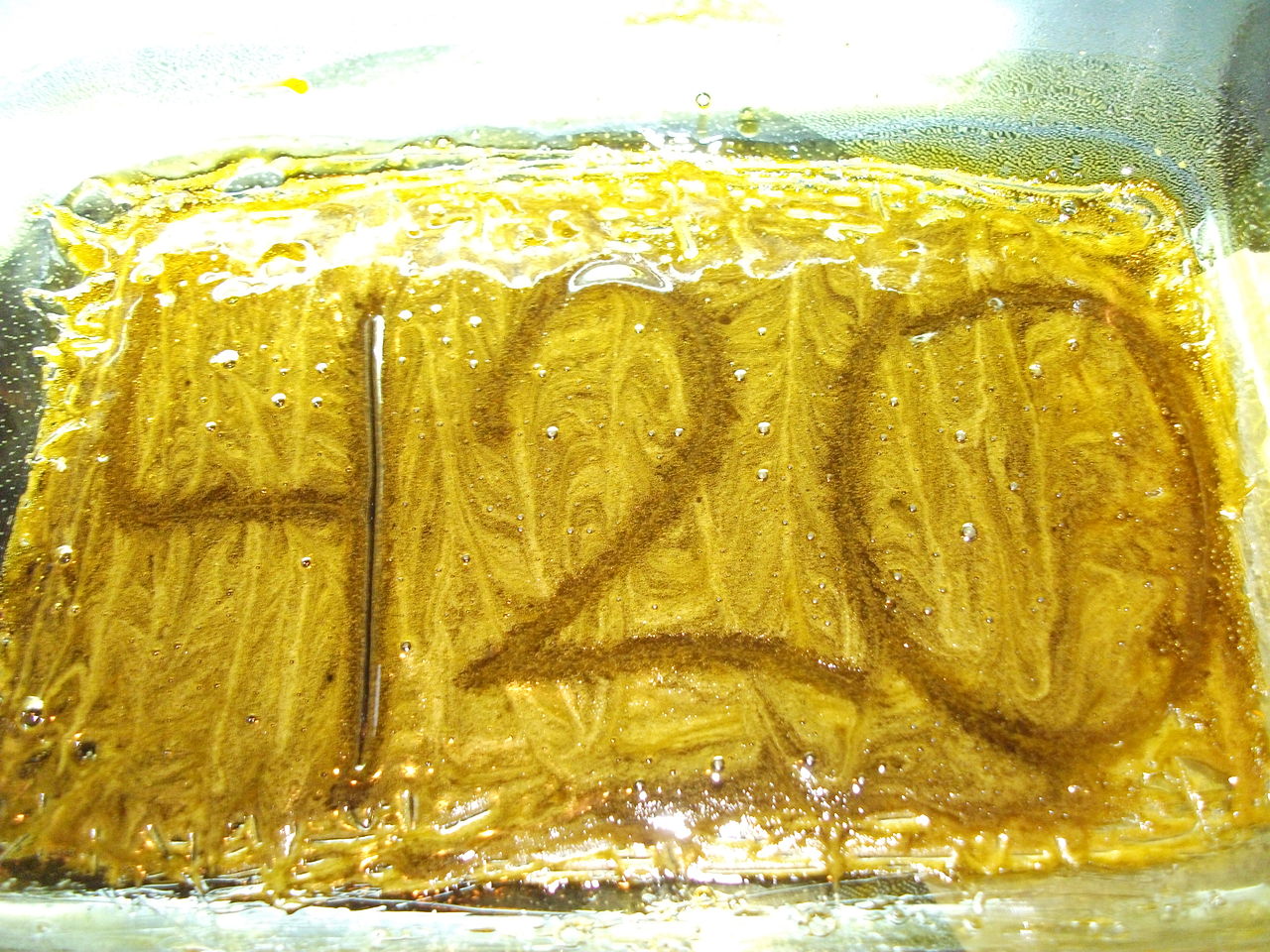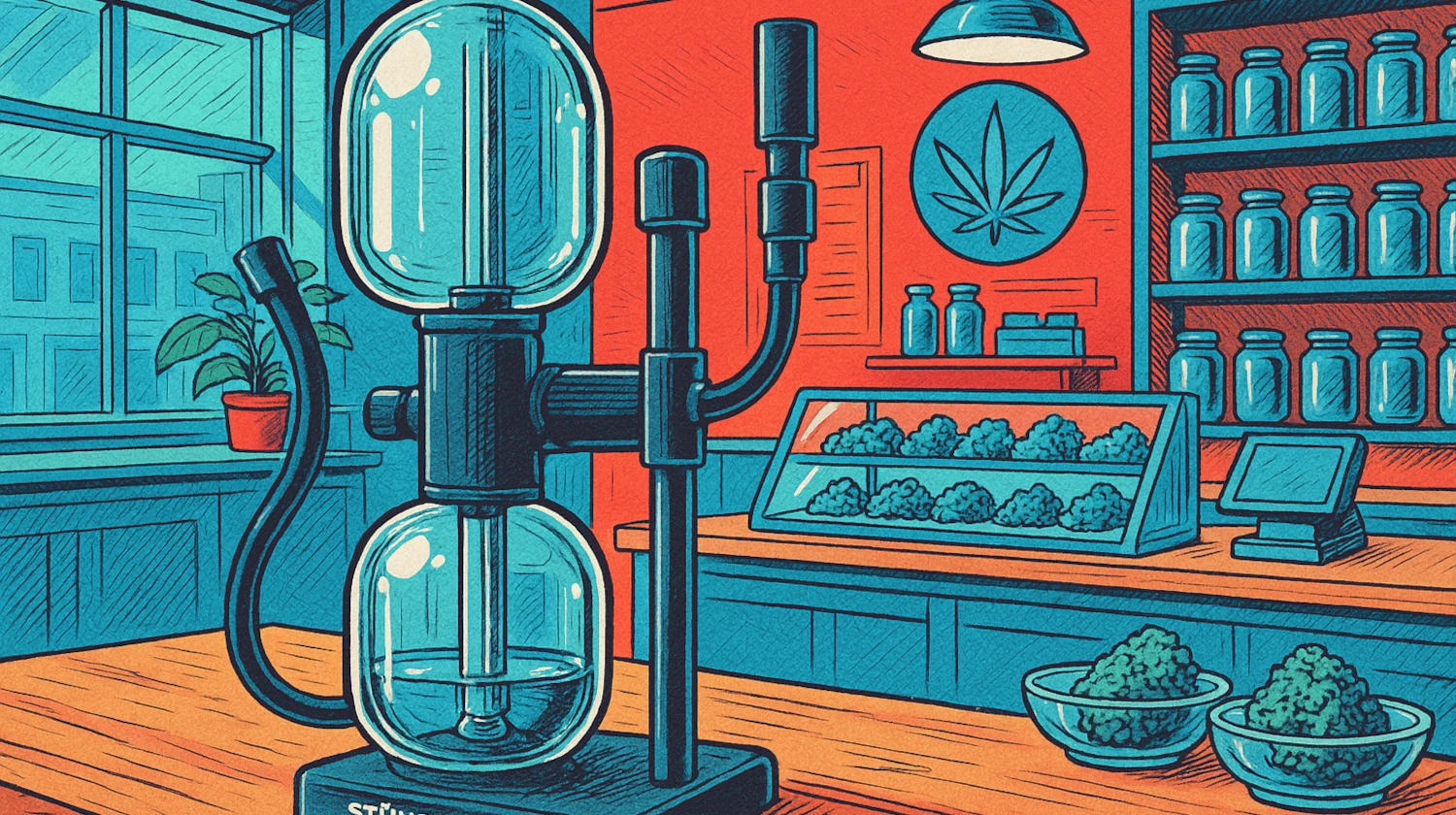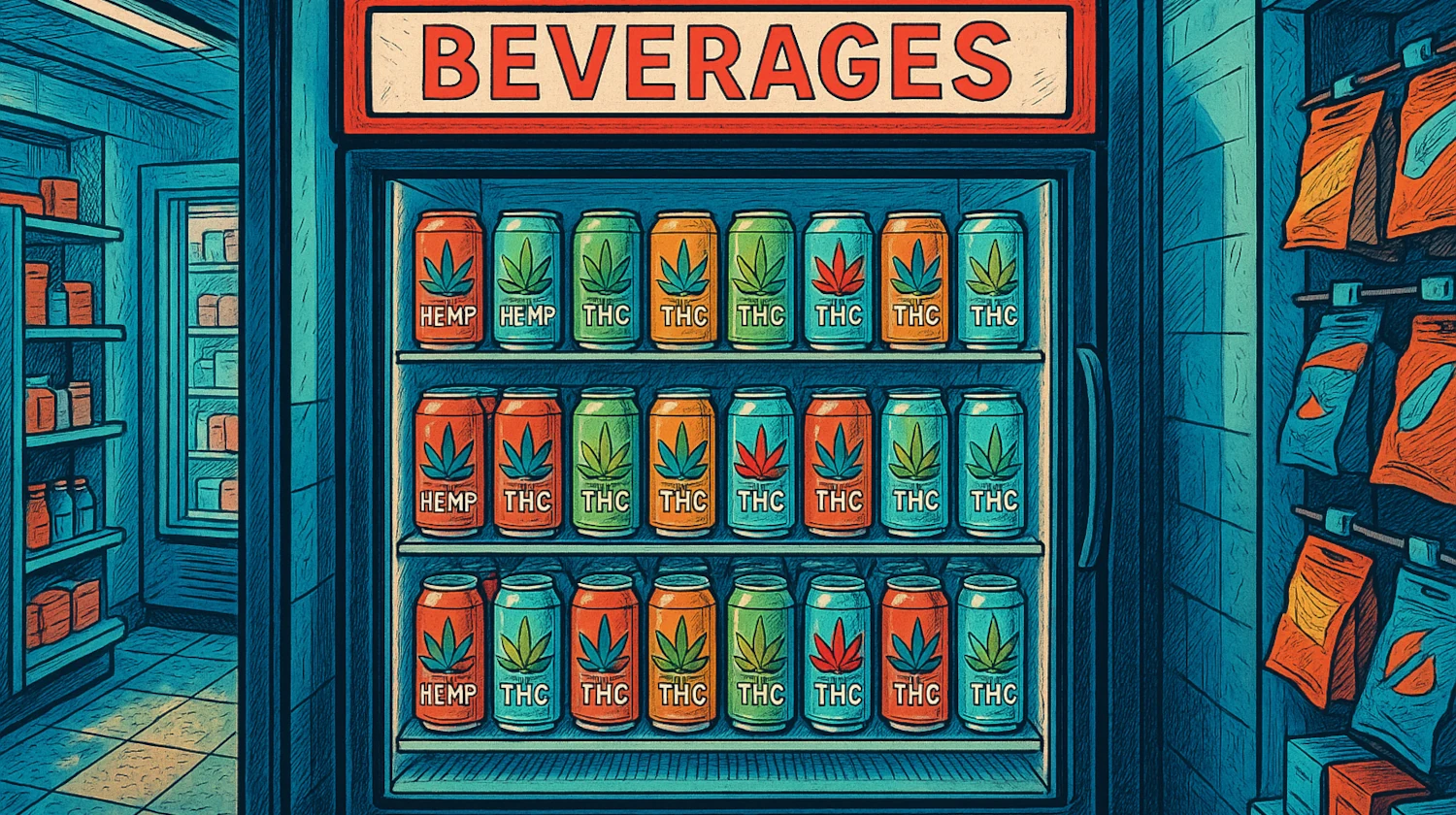If you're a part of the medical cannabis community, chances are you've heard of rosin at some point or another. You may have heard that it's an extract that is highly potent, exceptionally pure, and relatively easy to make at home. If you're interested in making your own solventless cannabis concentrates, then you're in the right place. Let's get to it.
What is Rosin?
Rosin is a cannabis concentrate that has become increasingly popular in the medical cannabis community. Essentially, rosin refers to a sticky resin that you get from adding pressure and heat to cannabis that results in small batches of hash oil.
You can quickly and easily make your own rosin at home with a hair straightener (set at the lowest heat setting) and a few other household items.
How is Rosin Used?
Rosin is an extract that can be very similar to shatter or badder, depending on your input material and process. As such, it can be consumed in the same way, using dab rigs or vaporizers. A dab rig is a specific type of water pipe made for consuming extracts like rosin. They resemble bongs or water pipes used to smoke flowers, but instead of a glass bowl or pipe, dab rigs use a flat quartz glass bowl that's called a "nail."
Dabbing rosin is no different than any other extract. First, you must flash heat the nail with a butane torch, then allow it to cool slightly. The rosin is then touched to the cooled but still-hot nail, producing a vapor that can be inhaled. Taking a dab may be difficult for those with little experience doing so.
Nowadays, electronic dab rigs also offer a more accessible, safer, and more controlled experience for people, particularly users new to dabs. Products like the Puffco or Carta-V don’t require torches, and you can control the temperature of the “nail,” which is usually ceramic in the case of electronic dab rigs.
Dabs are incredibly potent, and you will find it's much more intense than smoking flowers. You may find that you need some practice in finding the right size dab for you, along with cooling the nail properly. Nonetheless, you're bound to figure out your particular dab rig after a few rounds of trial and error.
How to Make Rosin

Unlike other forms of extracts like shatter or hash oil, rosin is a solventless extract. This means it can be produced without needing a solvent like butane. Cannabis concentrates like shatter are extracted from the cannabis flower using one of these solvents, which separates the cannabis oils and cannabinoid compounds from the cannabis plant matter.
Rosin, on the other hand, can be extracted with nothing else besides heat and pressure. As such, it can easily be made at home using nothing more than a hair straightener or a more professional rosin press like the one pictured above.
Ingredients:
- Flat iron, heat/rosin press, or hair straightener (use the lowest heat setting)
- Non-stick parchment paper
- Scraper to collect the rosin (i.e., a razor blade)
Steps:
- Fold quality bud inside a 4” x 8” square of non-stick parchment paper.
- Place the parchment paper with the bud in the jaws of a hair straightener.
- Apply heat and pressure at the lowest setting for 4 to 7 seconds.
- Remove the bud from the parchment and collect the resin with the scraping tool.
That's it! Easy as making pie. Easier actually. If you want to prevent excess plant material in your rosin, you can purchase micron bags, which are small nylon mesh bags that keep the plant material from passing through to the rosin.
Rosin is best stored in an airtight container in a dark, cool room. It can also be stored in the fridge in an airtight container.
Warnings & Dangers
Before you go about making or acquiring your own rosin, be sure to do your due diligence on your local cannabis laws. Many states have not legalized or decriminalized cannabis, whether for medicinal or recreational use. Others require residents to be medically licensed by the state before using cannabis. Always be mindful of the cannabis laws in your local jurisdiction regarding cannabis in your area, as rosin may be considered an illegal substance.
Nevertheless, rosin may be the most feasible cannabis extract for you to produce yourself. Because it can be extracted through solventless means, it's an incredibly safe concentrate to make at home and leaves no added contaminants in your final product.
If you decide that you really like the final product after experimenting, consider investing in a rosin press and materials like micron bags. Commercial and personal rosin presses can have different temperature options and produce much higher pressure than a hair straightener. This will make far more concentrate from the same amount of flower, saving you money in the long run. Personal rosin presses can be found for as little as $200, while more commercial-sized presses can run into the thousands.
How to Find and Buy Rosin
Of course, if you don't like the messiness of producing rosin yourself, you can find rosin at almost any legal dispensary in the state. Rosin has quickly become a very popular cannabis extract because of its potency and purity.
Remember that cannabis may only be medicinally legal in your state. You may need a medical cannabis license to purchase rosin as a result. If that does happen to be the case, NuggMD has you covered. Using our state-of-the-art telemedicine platform, you can virtually meet with a licensed cannabis doctor in your state and receive your medical marijuana recommendation in no time. So what's the holdup? Sign up today!
The information in this article and any included images or charts are for educational purposes only. This information is neither a substitute for, nor does it replace, professional legal advice or medical advice, diagnosis, or treatment. If you have any concerns or questions about laws, regulations, or your health, you should always consult with an attorney, physician or other licensed professional.




